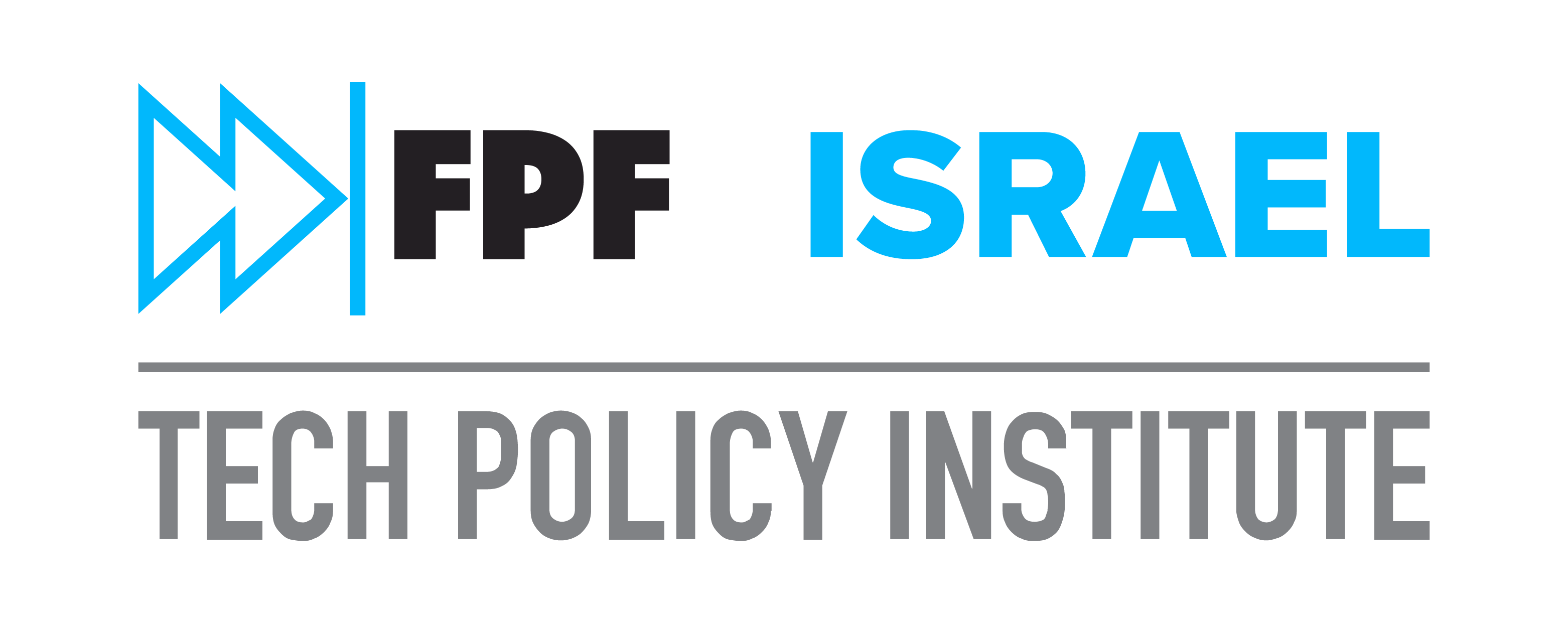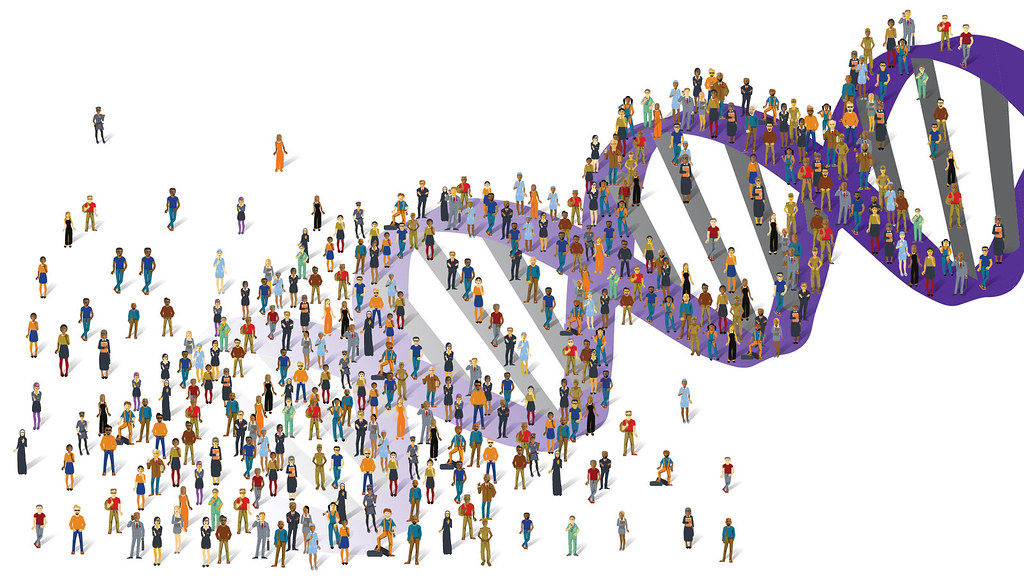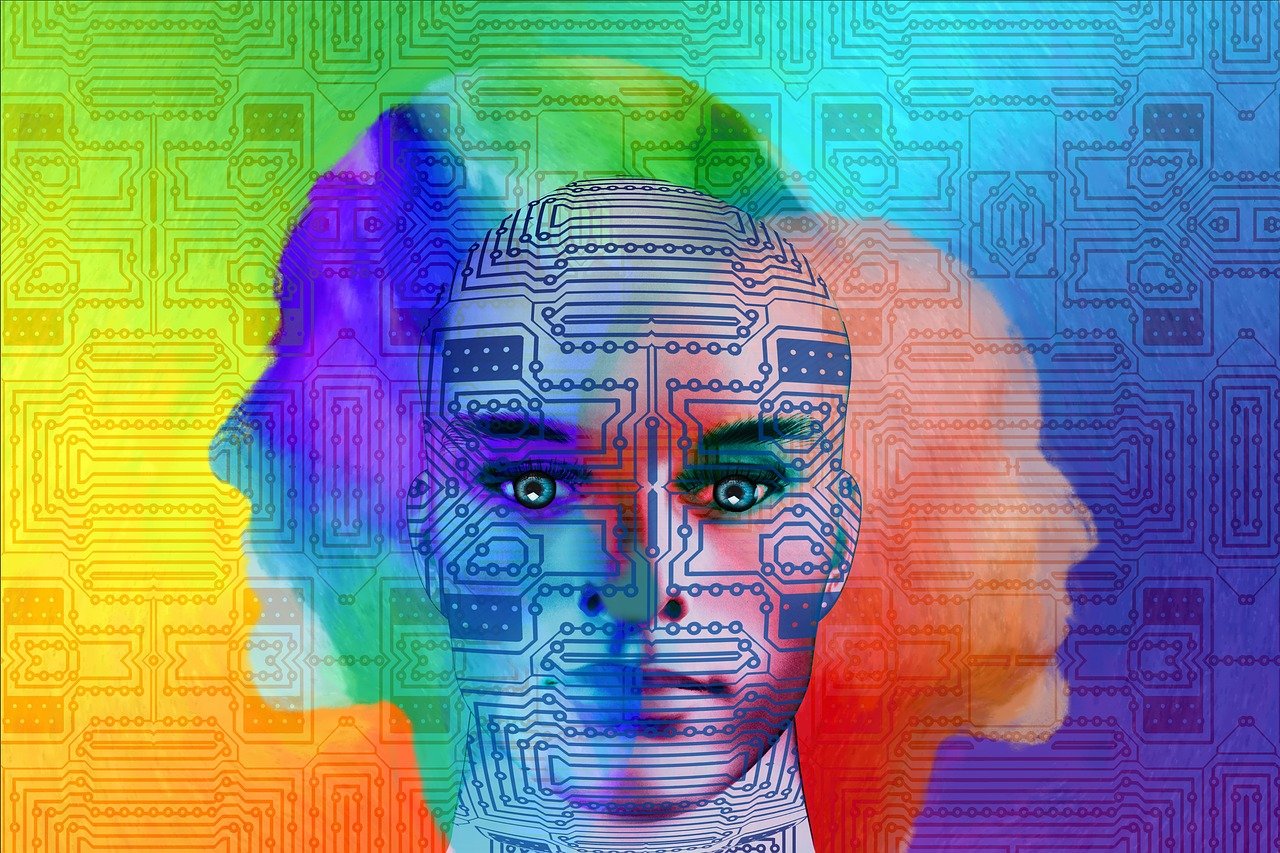Event Recap – AI in IVF (7th June 2021)
On June 7th, we held a first-of-its-kind webinar (in Hebrew) on AI in IVF – Clinic, Lab, Technology and Ethics, where the following aspects of the novel introduction of artificial intelligence (AI) into the in vitro fertilization (IVF) process, for (optimal) embryo selection, were discussed:
The clinical aspect (fertility units and doctors) has presented the numerous ways in which AI technology in IVF stands to improve treatment outcome (higher IVF success rates) in fewer cycles. AI potential applications in the field of IVF range from relatively routine treatment decisions (designing treatment protocol, inc. hormone dosage, no. of embryos to be transferred into the uterus etc.), to more complex therapeutic decisions (e.g., concerning surrogacy, egg donation and futile treatments). Also of interest here are the potential effects of introducing such technology on the physician-patient relationship.
The embryology aspect was focused on the professional perspective: the current routine, manual, tedious labour of the human embryologist, where visual morphology assessment is routinely applied for evaluating embryo quality. Using this method inevitably carries subjective and highly variable embryologist decision-making, which can lead to inconsistent outcomes. The introduction of AI into the process as an assistive tool can provide beneficial automation and much needed technological support to increase the quality, precision, and speed of the embryo selection process.
The technology aspect (introducing AiVF‘s technology) has focused on the role of medical innovation and entrepreneurship in meeting the needs of healthcare consumers. The AI system uses massive amounts of data coming from time‐lapse imaging, to assess embryo quality. Using AI in IVF provides predictions, accuracy, and speed, which the human embryologist simply cannot compete with. According to the company’s vision, in the future, childbearing will be routinely practiced by using IVF rather than relying on natural procreation.
The ethico-legal aspects introduced the novel ethical dilemmas and practical challenges the technology may generate, alongside promising benefits and prospects for prospective parents (women undergoing IVF, in particular), for professionals (embryologists aided by such decision-support tool) for IVF clinics and fertility physicians. Key considerations include: transparency and explainability of the inner workings of the embryo selection algorithm and their interplay with prospective parents’ procreative autonomy; the potential slippery slope from negative eugenics (selecting against certain embryos) to positive eugenics (harnessing the AI tool to select embryos with desired traits); responsibility and accountability for AI-related harms (multiple potentially liable actors and accountability-gap concerns), and more.



